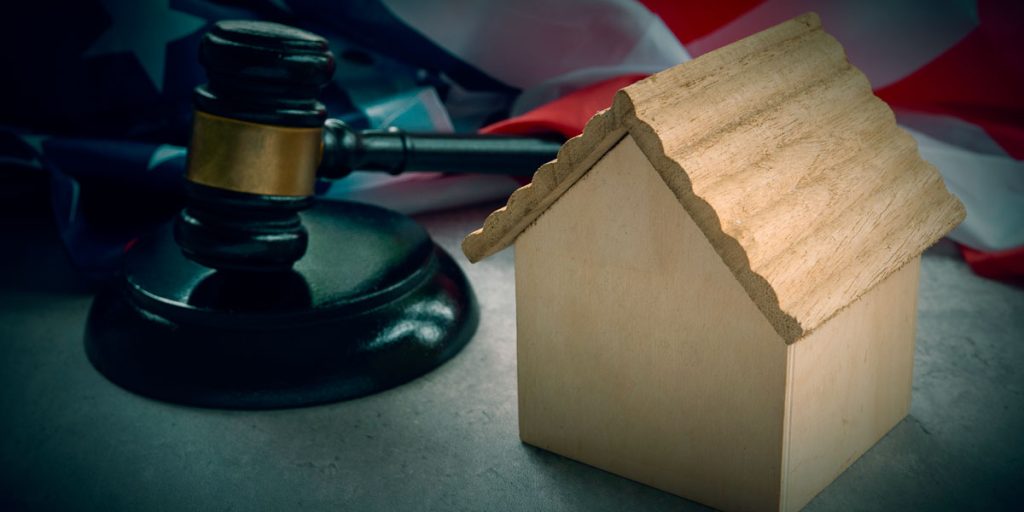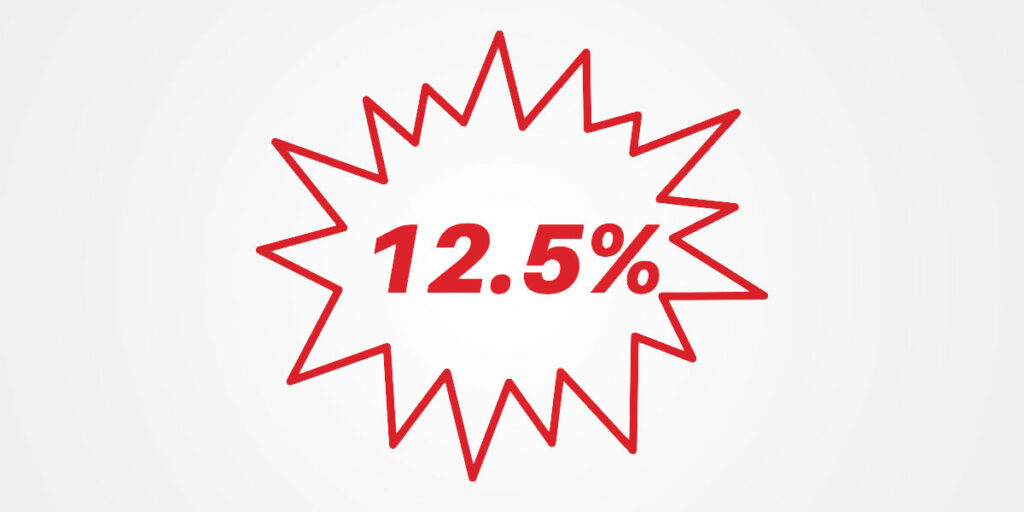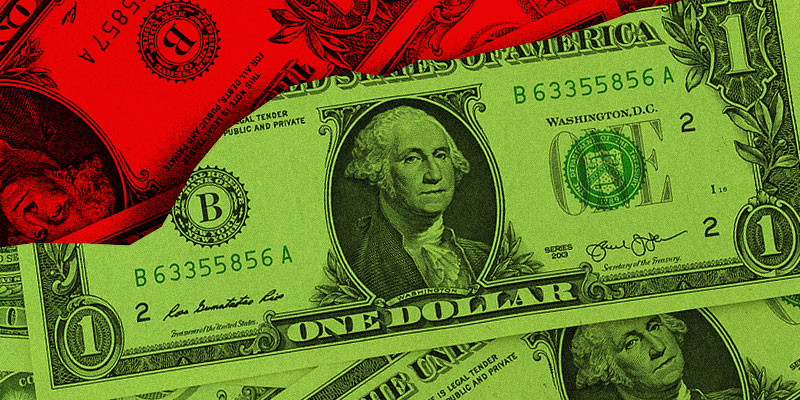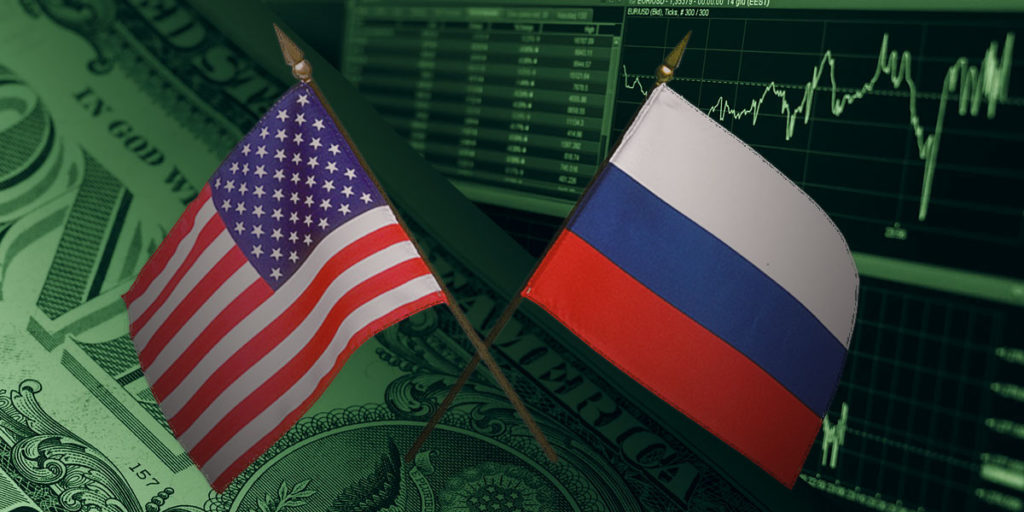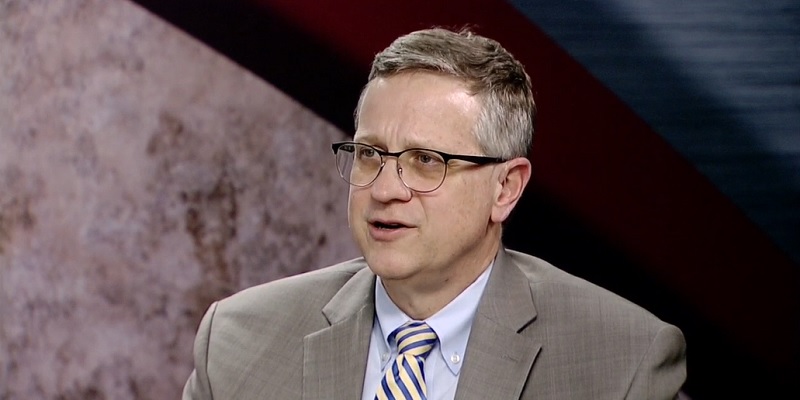America needs billions of masks to protect against the coronavirus, particularly high-grade N95 masks for healthcare workers. Nonetheless, fear of litigation delayed delivery of millions of construction masks to healthcare workers. Should the law be slowing our emergency response?
America’s largest mask producer, 3M, will soon be producing 100 million a month. The company normally produces more construction than medical masks; while similarly effective, the medical masks must meet more stringent standards. The construction masks would certainly protect better than bandanas.
As reported by the Washington Post, 3M executives feared potential liability. Even with protective equipment, some healthcare workers will get sick. The performance differences could provide grounds for lawsuits. 3M would not ship the masks without a Federal liability waiver, which Congress approved in mid-March.
Who is to blame for the delay? A professor of bioethics quoted in the Post article states, “Don’t talk to your lawyers if you’re making masks or gowns or ventilators.” Yet 3M executives and lawyers have a duty not to expose the company to potentially ruinous litigation. The federal government could have acted quicker, as mask makers raised the liability issue in early February.
Many might blame the lawyers who might file such lawsuits. Suing a company helping out in a crisis is hardly praise-worthy. But this misses the more significant question: Why should plaintiffs have any chance of winning such a suit?
Plaintiffs’ lawyers commonly take cases on a contingency fee basis. As the ads say, “We don’t get paid unless you get paid.” Consequently, these lawyers must carefully evaluate whether they can win a case and would only sue 3M if they thought they could win.
Plaintiffs should be able to sue and win when companies have done wrong. Litigation helps us learn about corporate misbehavior. I frequently discuss the decentralized nature of knowledge. In a world of decentralized knowledge, we rarely know enough to call new lawsuits frivolous. Once the legal process discovers the relevant facts, we might conclude that the plaintiffs should not win.
If plaintiffs can win when we believe they should not, this is a problem with the law. We should fix the underlying problem instead of hoping lawyers will not file winnable cases.
My interest is not in narrow questions like why liability arises in this specific instance. The difference between law and legislation provides perspective on why law today can produce injustice. Today we think these are the same thing, but historically they differed.
Congress, state legislatures and city councils pass laws today. But as economist Friedrich Hayek observed, law used to differ from government legislation. This was most apparent with England’s common law.
Common law emerged and developed as freedom increased, providing rules to order peoples’ business and personal affairs. Rules help us anticipate how others will act, because people usually follow the rules. Starting a business would be impossibly risky unless an entrepreneur knew the meaning of leasing a building, purchasing supplies, and hiring workers.
The rules emerged out of a common understanding, not acts of Parliament. A relevant analogy today is the difference between a company’s employee handbook and the informal ways to get things done.
The common law evolved as judges decided cases involving new issues. There were multiple judges who were not bound by precedent; they could adopt or modify other judges’ rulings. If a party to a case did not like a judge’s ruling, they could argue their next similar case before a different judge. Through trial and error, decisions were fine-tuned into rules satisfying most parties.
In the 1800s, governments decided to write the common law into legislation. This sounds reasonable: any person could read the text of any law. Yet this also let legislatures change laws, sometimes to advantage special interests.
The law helps people deal with each other in peaceful, socially beneficial ways and should protect us from charlatans who break the rules. And our laws should assist us in responding to emergencies, not create unnecessary obstacles.
Daniel Sutter is the Charles G. Koch Professor of Economics with the Manuel H. Johnson Center for Political Economy at Troy University and host of Econversations on TrojanVision. The opinions expressed in this column are the author’s and do not necessarily reflect the views of Troy University.







